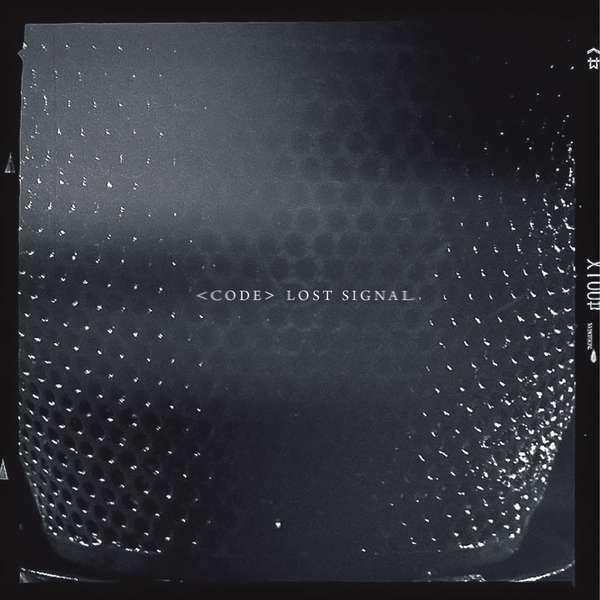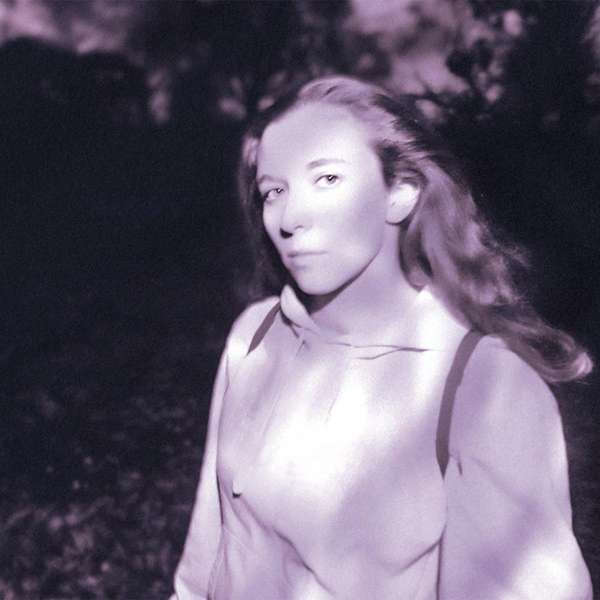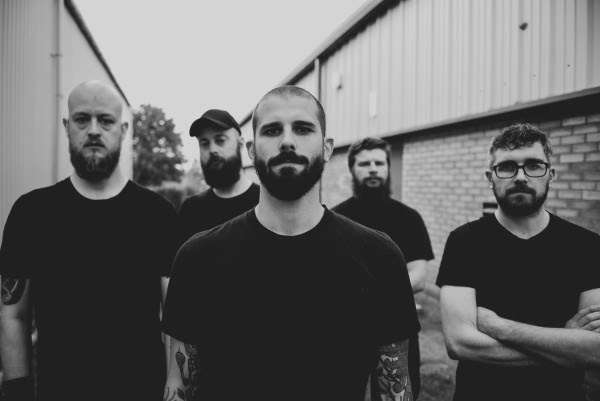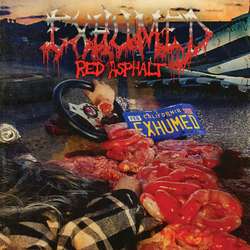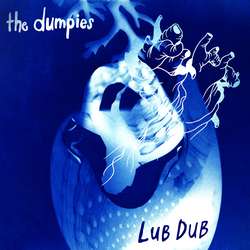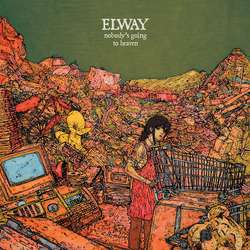There is a lot of history in Code's DNA. When releasing their debut album, they were considered a type of supergroup, including members such as Vicotnik of Dodheimsgard and Aiwarikiar of Ulver in their line-up, as well as Kvohst, who would later become the new vocalist of Dodheimsgard. With an album such as Nouveau Gloaming it is fairly difficult to release an appropriate follow-up, but in Resplendent Grotesque the band found its footing, and managed to surpass themselves.
From that point on there has been a distinct change for Code, as they started to move slightly away from their black metal self and into a post-rock mentality. Clean vocals played a bigger part in their tracks, and while the complexity of their compositions was retained, their style shifted from aggression and transformed into an array of emotions. Augur Nox came first and then it was followed by the excellent Mut, each record further exploring their new tendencies. Lost Signal is the first EP that the band is releasing, and they attempt a fairly daring move in re-recording tracks from all their albums.
Rehashing songs is a bit of a risk, but Code seem to have a certain approach that allows the tampering of their music to become interesting, more a journey of further discovery rather than a sense of nostalgia. The three tracks from Mut introduce the record first, and even though they are the closest to the current self of Code, there is still a shift towards a more progressive outlook, and the more pristine production makes them appear more immediate and less obscure. The case is similar for “The Lazarus Cord” from Augur Nox, where the hostility of the track is further tamed and its core appears more vulnerable, with a renewed sense of lyricism.
The more interesting renditions however have to be the tracks from their first two albums. Listening to the record I was looking forward to when “The Rattle of Black Teeth” would come in, to see how Code would treat such a brutal track under their new guise. I was pleasantly surprised, as the band retained the twisted element of their black metal form to corrupt their current progressive tone, merging their past and present in a very fitting manner. “Brass Dogs,” from Nouveau Gloaming, followed carries on the same path, retaining the dissonance of the Ved Buens Ende influence and applied it to lucid post-rock.
Lost Signal is a successful experiment, although I would prefer the renditions to be primarily from their first two albums, due to the changes of style. I would like to think that this is the beginning of the new chapter for Code, a way to find their new self and balance between the twisted essence of their black metal past core, and the post-rock extensions of their current state.
